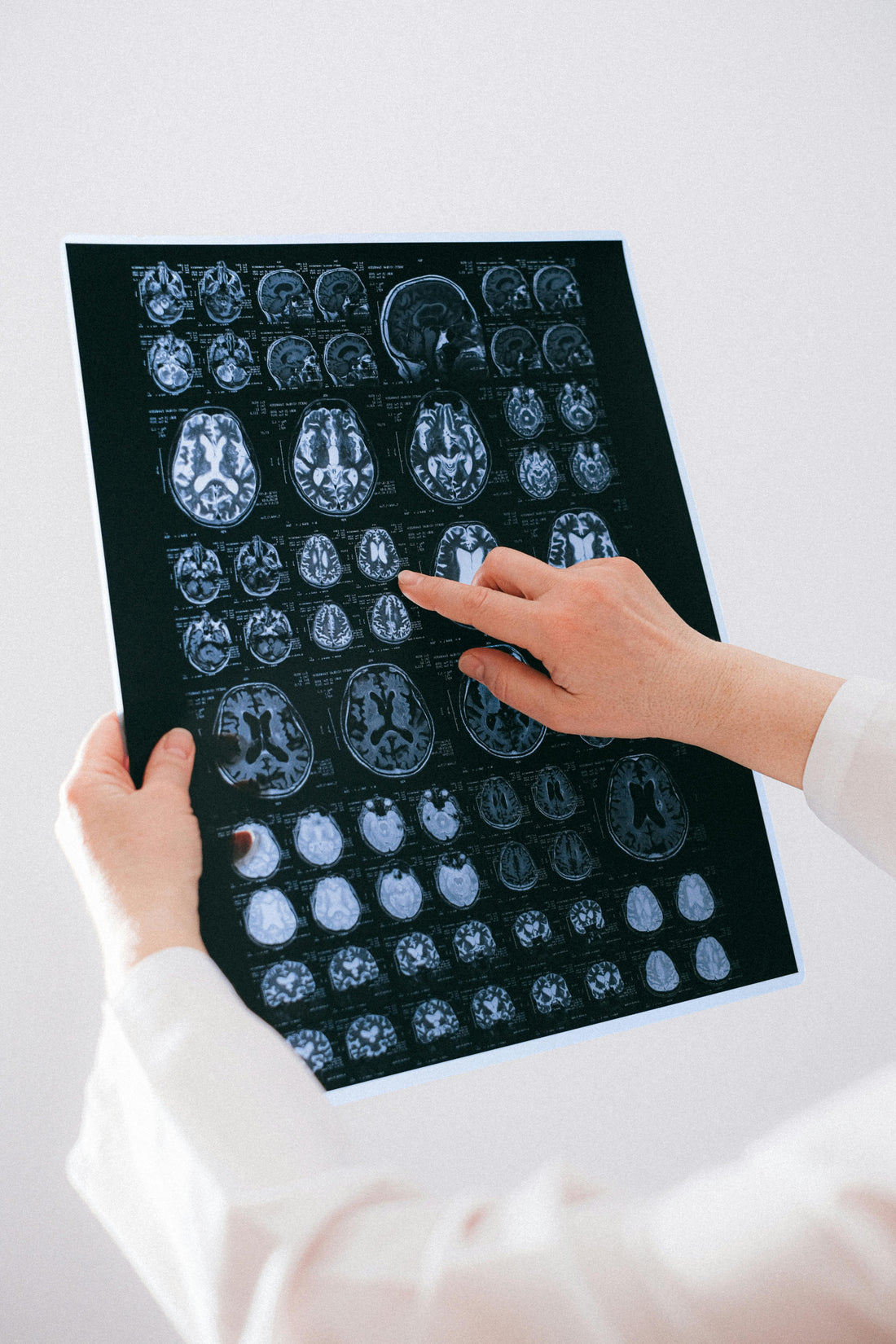
Omega-3 Fatty Acids — The Heart, Brain, and Joint Protector
Share
Why Omega-3s Are Called “Essential Fats”
Unlike many nutrients your body can produce, Omega-3 fatty acids are essential fats, meaning they must come from food or supplements. They are vital for heart, brain, eye, and joint health — and yet, most Americans don’t get enough.
These fatty acids are mainly found in fatty fish, but since not everyone eats salmon or mackerel regularly, supplementation is one of the best ways to maintain healthy levels.
---
💊 What Are Omega-3 Fatty Acids?
Omega-3s are a group of polyunsaturated fatty acids. The three most important types are:
ALA (alpha-linolenic acid): Found in plant oils like flaxseed, chia seeds, and walnuts.
EPA (eicosapentaenoic acid): Found in fatty fish; helps reduce inflammation.
DHA (docosahexaenoic acid): Found in fatty fish; supports brain and eye health.
---
💖 Benefits of Omega-3
1. Supports Heart Health ❤️
Lowers triglyceride levels.
Helps reduce blood pressure.
Prevents arterial plaque buildup.
Lowers risk of heart attacks and strokes.
2. Boosts Brain Function 🧠
DHA makes up a large part of brain tissue.
Improves memory, focus, and learning.
May reduce risk of Alzheimer’s and cognitive decline.
3. Reduces Inflammation 🔥
EPA fights inflammation at the cellular level.
Helps with conditions like arthritis, asthma, and autoimmune diseases.
4. Improves Joint Flexibility 🤸
Reduces stiffness and pain in arthritis patients.
Supports mobility and physical performance.
5. Supports Eye Health 👀
DHA is essential for retina function.
Helps prevent age-related macular degeneration (AMD).
6. Improves Mood and Mental Health 🌿
Omega-3s balance neurotransmitters, reducing depression and anxiety symptoms.
Shown to improve overall emotional well-being.
7. Supports Pregnancy and Child Development 🤰👶
DHA supports fetal brain and eye development.
Essential for mothers during pregnancy and breastfeeding.
---
⚠️ Signs of Omega-3 Deficiency
Dry skin and brittle hair
Poor memory and focus
Joint pain and stiffness
Vision problems
Mood swings or depression
Fatigue
---
🩺 Doctor & Research References
American Heart Association (AHA): Recommends Omega-3s for heart disease prevention.
Harvard Health: Confirms benefits for brain, heart, and inflammation control.
NIH Office of Dietary Supplements: Highlights DHA and EPA’s role in mental and eye health.
---
❓ Frequently Asked Questions (FAQs)
Q: How much Omega-3 do I need daily?
Most adults need 250–500 mg of combined EPA and DHA daily.
Q: What foods are rich in Omega-3s?
Fatty fish (salmon, sardines, mackerel, tuna), flaxseeds, chia seeds, walnuts, and fish oil supplements.
Q: Can Omega-3s help with arthritis?
Yes, Omega-3s reduce inflammation and improve joint comfort.
Q: Are plant-based Omega-3s as good as fish-based?
Plant-based ALA is beneficial, but the body converts only small amounts into EPA and DHA. Fish oil or algae oil is more effective.
---
📌 Final Thoughts
Omega-3s are vital for life — they protect your heart, sharpen your brain, ease your joints, and brighten your mood. With most diets lacking enough, supplements are the most reliable way to get these essential fats.
👉 CTA: Protect your heart and boost brainpower with premium Omega-3 Supplements from Nutra Max Boost, delivered anywhere in the USA.
